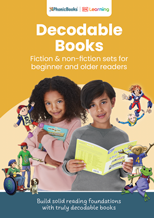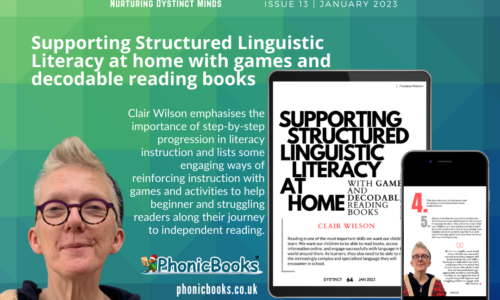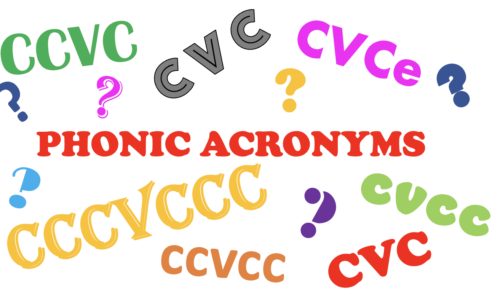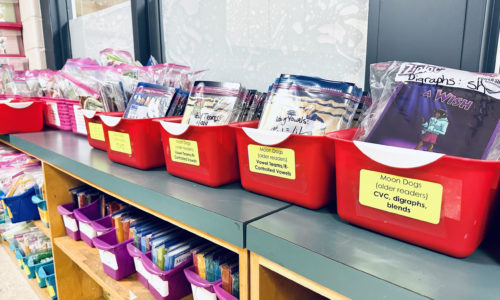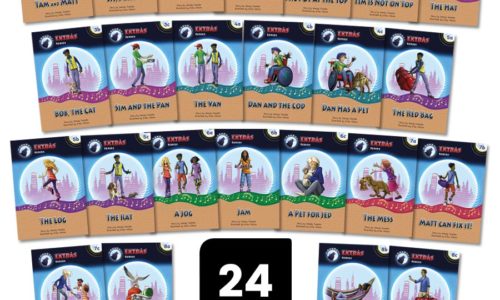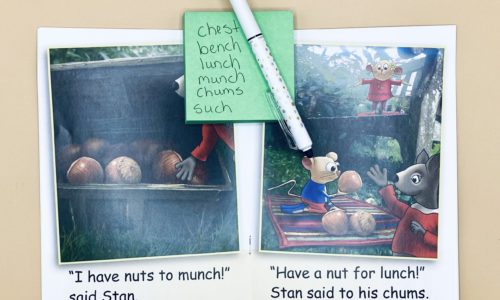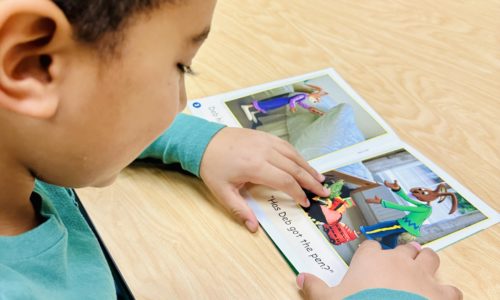
What are decodable books? Although the rise of the Science of Reading movement has meant that systematic phonics teaching programs are gaining popularity in the US, one of the most frequently asked questions is still, “What are decodable books?” Phonic Books co-founder, Tami Reis-Frankfort, provides a brief clarification of the meaning of the term, ‘decodable…
Read More
